Discussing attitudes on race and religion and related societal trends can be a fraught undertaking. It is all too easy to be misunderstood, mischaracterized and labeled as a bigot or, alternatively, soft, squishy, or naïve.
The past few months have been especially challenging in terms of discussing Muslims in America and what the attitudes of Americans are towards this minority religious community.
On the one hand there are the outrageous “>here and “>noted, “Americans have learned to expect, after every Islamist attack, lectures instructing them that such assaults should in no way be connected to Islamic faith of any kind.”
Somewhere between Trump's bigoted assertions regarding Muslims and the assumption that Americans don't get tolerance and facilely blame minority groups for the acts of some of their members lies an accurate middle ground of rational responses to extremism and acknowledging the soberness of the American people.
Despite the widely covered pronouncements by Trump and the apparent acceptance of his bigotry at his rallies, the evidence shows that the attitudes of most Americans towards Muslims are actually tolerant and not vindictive.
According to the “>statistics show that anti-Jewish hate incidents in 2014 (the most recent data available) numbered 635; that same year, hate incidents against Muslims totaled 178. (There are between 5 million and 6 million Muslims in the U.S., according to various estimates, and there are about 6.5 million Jews.) Anti-Jewish crimes outnumbered those committed against Muslims by more than a 3 to 1 margin, yet no rational person would argue that there is a wave of anti-Semitic harassment and hysteria in America.
There were nearly 2,000 offenses directed at Blacks in 2014 (there are about 39 million African Americans in the U.S.). There would have to be nearly seven times as many offenses against Muslim Americans to equal, on a per-capita basis, the rate of hate offenses against African Americans. So much for America's anti-Muslim hysteria.
But those kinds of metrics don't tell the whole story about how a minority group feels in America—even without hate incidents, a minority might feel ostracized and harassed. Polling which asks how people feel and whether they fear are, in many ways, more revealing than hate crimes reports.
Did you enjoy this article?
You'll love our roundtable.
Editor's Picks



What Ever Happened to the LA Times?

Who Are the Jews On Joe Biden’s Cabinet?


No Labels: The Group Fighting for the Political Center
Latest Articles
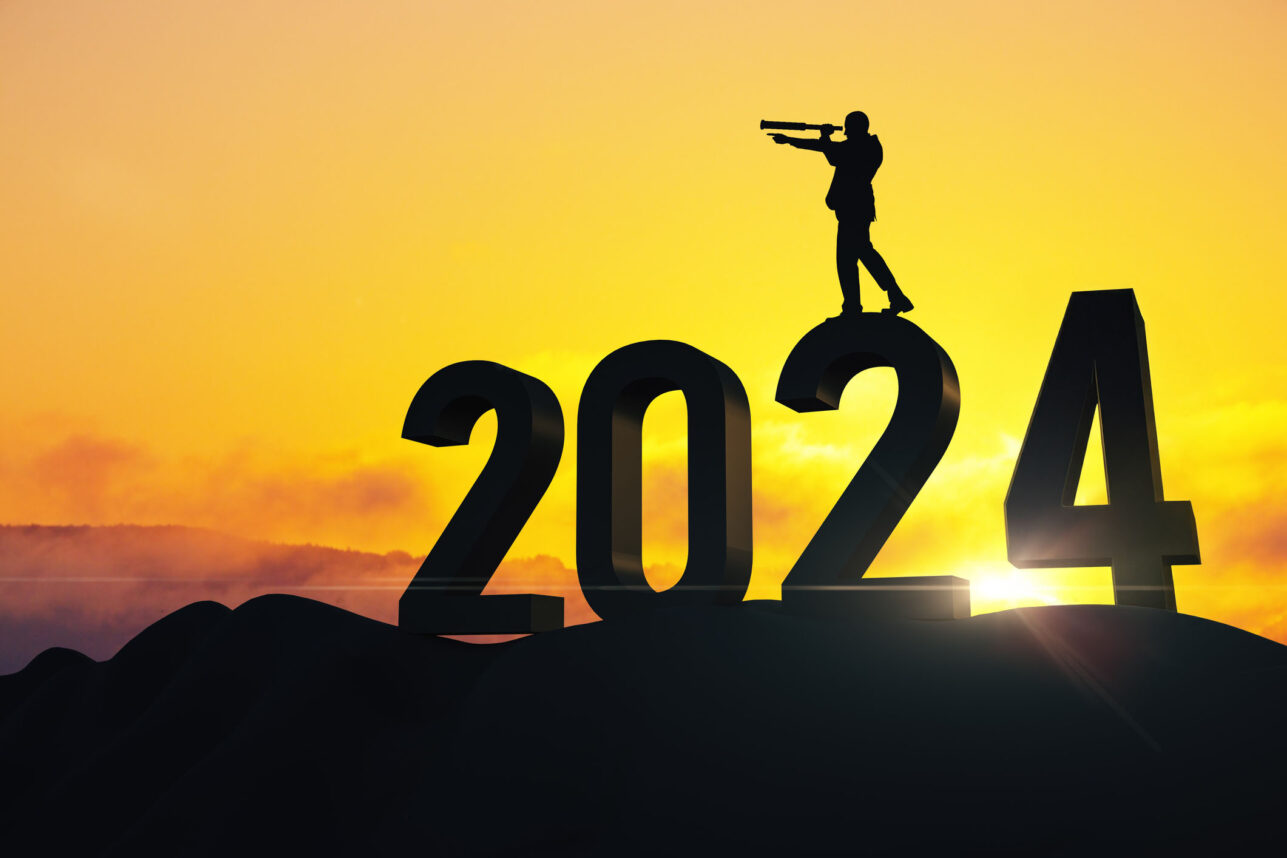
What I Got Wrong in 2024
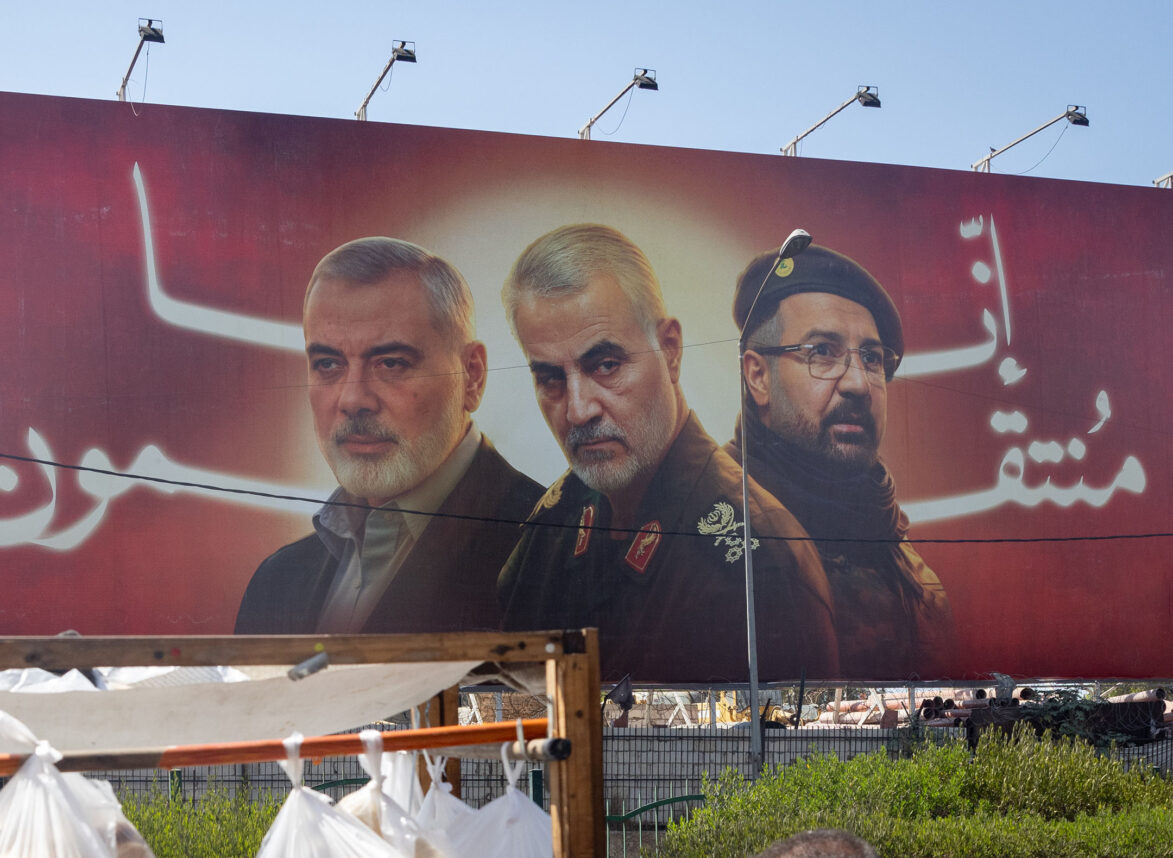
Hamas, Hezbollah, Helpers, Hutzpah

The Magical Middle East Makeover
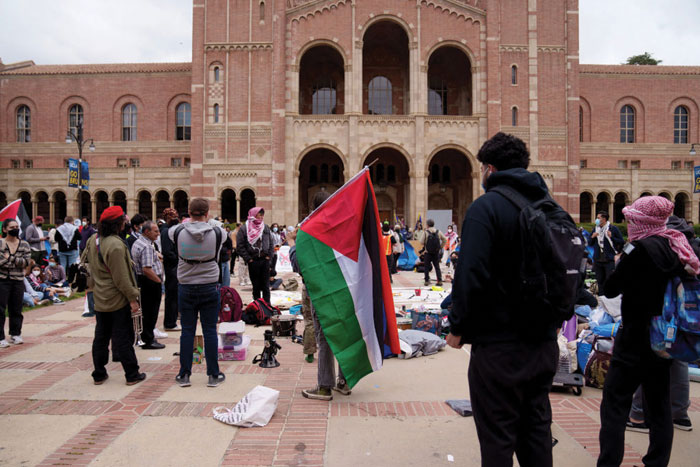

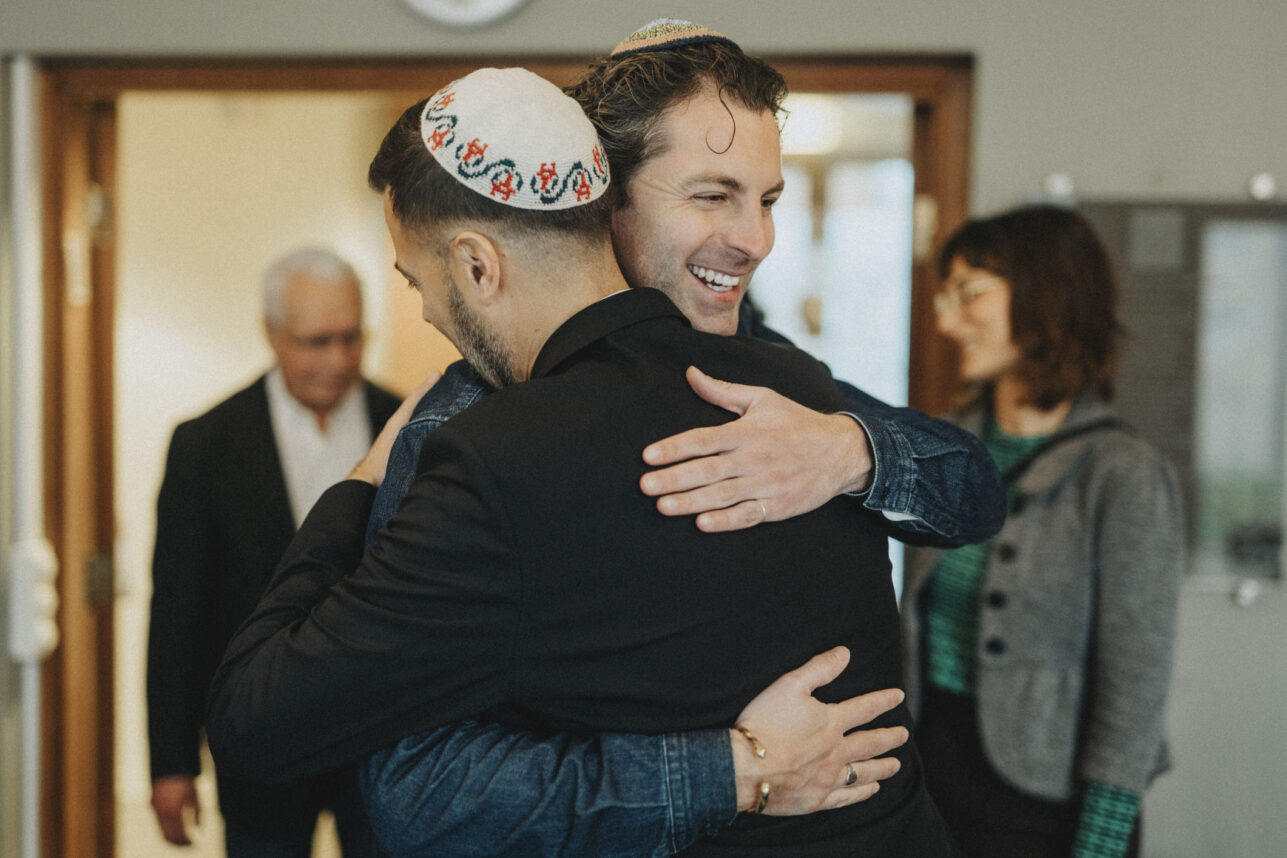


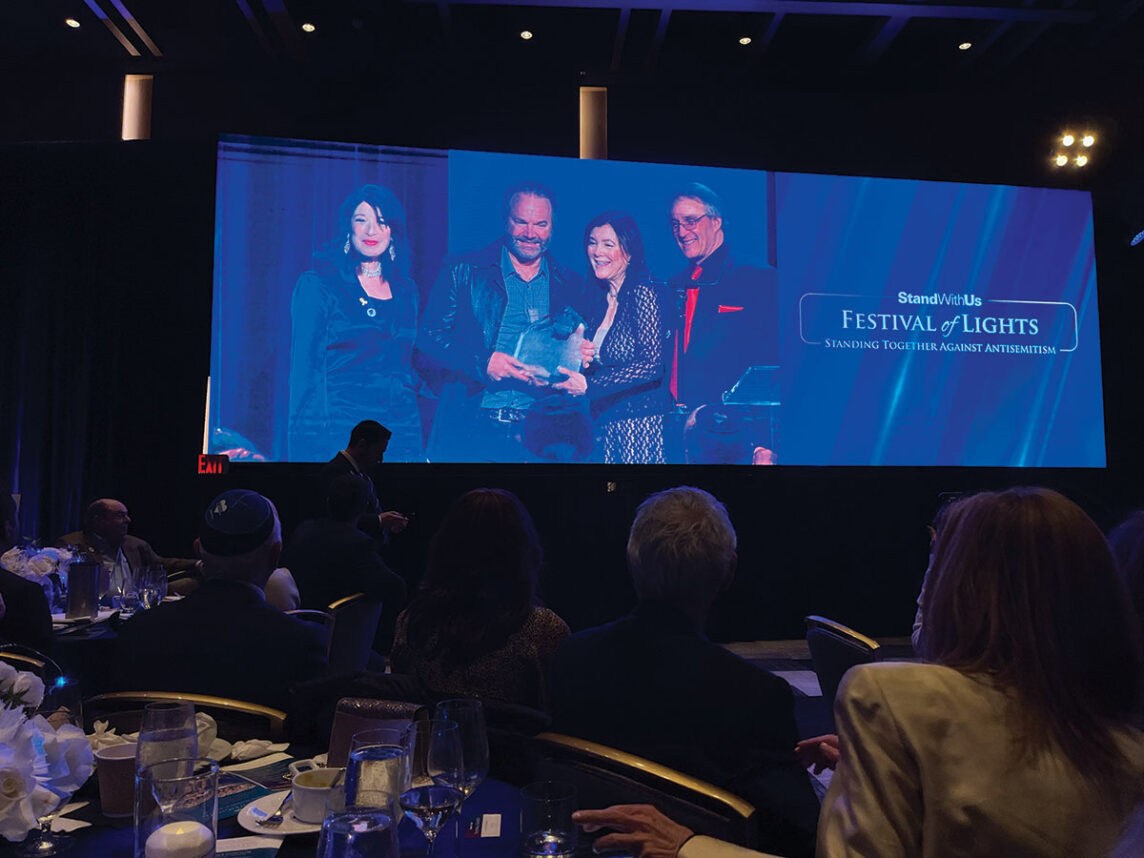
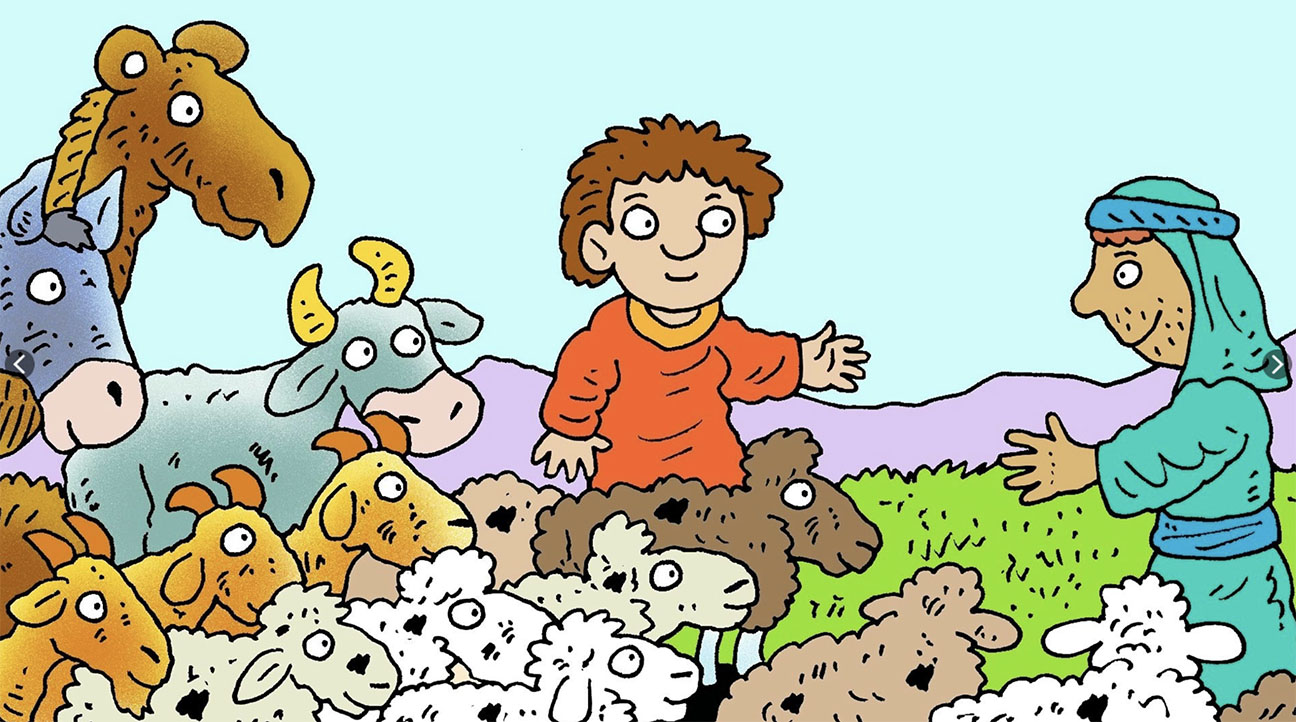





 More news and opinions than at a Shabbat dinner, right in your inbox.
More news and opinions than at a Shabbat dinner, right in your inbox.